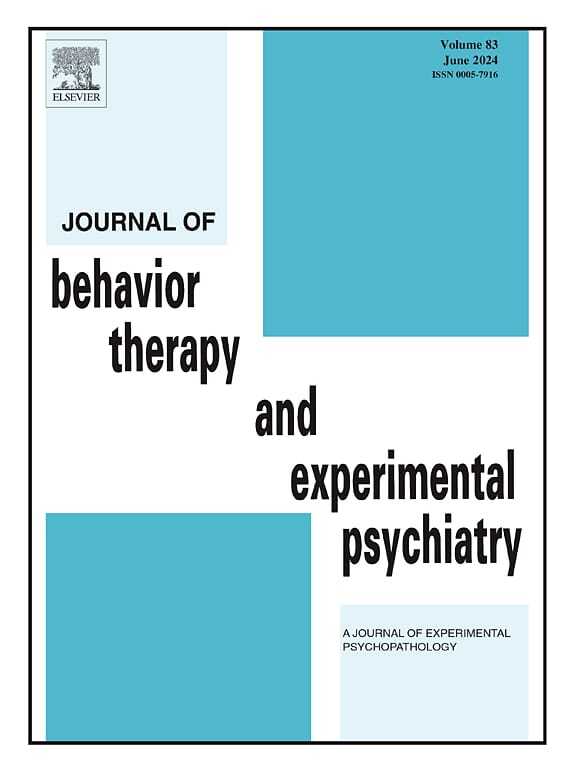2nd April 2024 Newsletter


Psychology Tools
Published
This week we're releasing another two resources from our new Schema series: Defectiveness and Coping Styles And Responses (Schema Therapy). Our research roundup examines the impact of early life experiences on eating disorders, and explores how negative expectations can increase social anxiety.
Psychology Tools Schema Series
Launched earlier this year, our schema series breaks down the foundational ideas of schema therapy in an approachable and straightforward way. It also addresses the most common early maladaptive schemas (EMS) with a range of problem-specific handouts.
With illustrations, client-friendly explanations and schema-specific examples, the handouts offer accessible guidance for those working with schema therapy in-session. They're a great learning tool for anyone wanting to become more familiar with this approach.

Defectiveness
Individuals with defectiveness experience a pervasive sense of inadequacy and inferiority. They see themselves as fundamentally flawed and defective, leading to deep-seated shame and unworthiness. Research suggests that it is one of the most pronounced early maladaptive schemas across psychological disorders, and is readily transmitted between parents and their children.

Coping Styles And Responses (Schema Therapy)
Coping styles refer to the characteristic ways individuals manage their EMS. They develop in childhood and operate outside of awareness, helping individuals adapt to their EMS, the intense affect accompanying them, and the environments in which they were formed. Much like EMS, factors that may influence the emergence of coping styles include temperament, modeling, conditioning, and culture.
Research Summaries

What role do early life experiences play in eating disorders?
What role do early life experiences play in the development of eating disorders? To address this question, a recent study explored the relationship between perceived parenting, temperament, early maladaptive schemas, and eating disorder symptoms. The findings revealed a direct linear impact pathway: maladaptive parenting predicted temperament, which in turn predicted maladaptive schemas, which ultimately influenced eating disorder symptoms. These results not only support the schema therapy model, but also offer valuable insights for broad, tailored treatment approaches for eating disorders.
When treating patients with eating disorders, psychologists and other health professionals should consider individual differences in perceived parenting style, temperament, and early maladaptive schema levels and how these may impact the way an eating disorder manifests… More specifically, understanding the interplay of factors that contribute to the development of an eating disorder can potentially counteract the sense of personal shame and inadequacy that is often associated with a diagnosis.
Joshua, P. R., Lewis, V., Simpson, S., Kelty, S. F., & Boer, D. P. (2024). What role do early life experiences play in eating disorders? The impact of parenting style, temperament and early maladaptive schemas. Clinical Psychology & Psychotherapy, 31(1), e2904.

The legacy of social anxiety-linked negative expectancy
For therapists working with clients experiencing social anxiety, understanding the link between negative expectations, anxiety during interactions, and post-event negative thinking is crucial. This study indicates that increased negative expectations before social events amplifies state anxiety during interactions, which predicts post-event negative thinking. By recognizing the mediating role of pre-event negative expectancies, therapists can tailor interventions to address this aspect of social anxiety and the impact it has on post-event processing. However, it also highlights the need for further research exploring factors that contribute to post-event negativity.
Basanovic, J., Kowal, L., Millward, S., & MacLeod, C. (2024). The legacy of social anxiety-linked negative expectancy: A pathway from pre-event negative expectancies to post-event negative thinking. Journal of Behavior Therapy and Experimental Psychiatry, 83, 101937.
Get sent more useful pieces like this!
Sign up to our monthly newsletter full of helpful ideas, tools, and tips for mental health professionals like you. You'll find out about our latest resources, and you can also read our reviews of the latest research.
It's completely free and you can unsubscribe at any time.